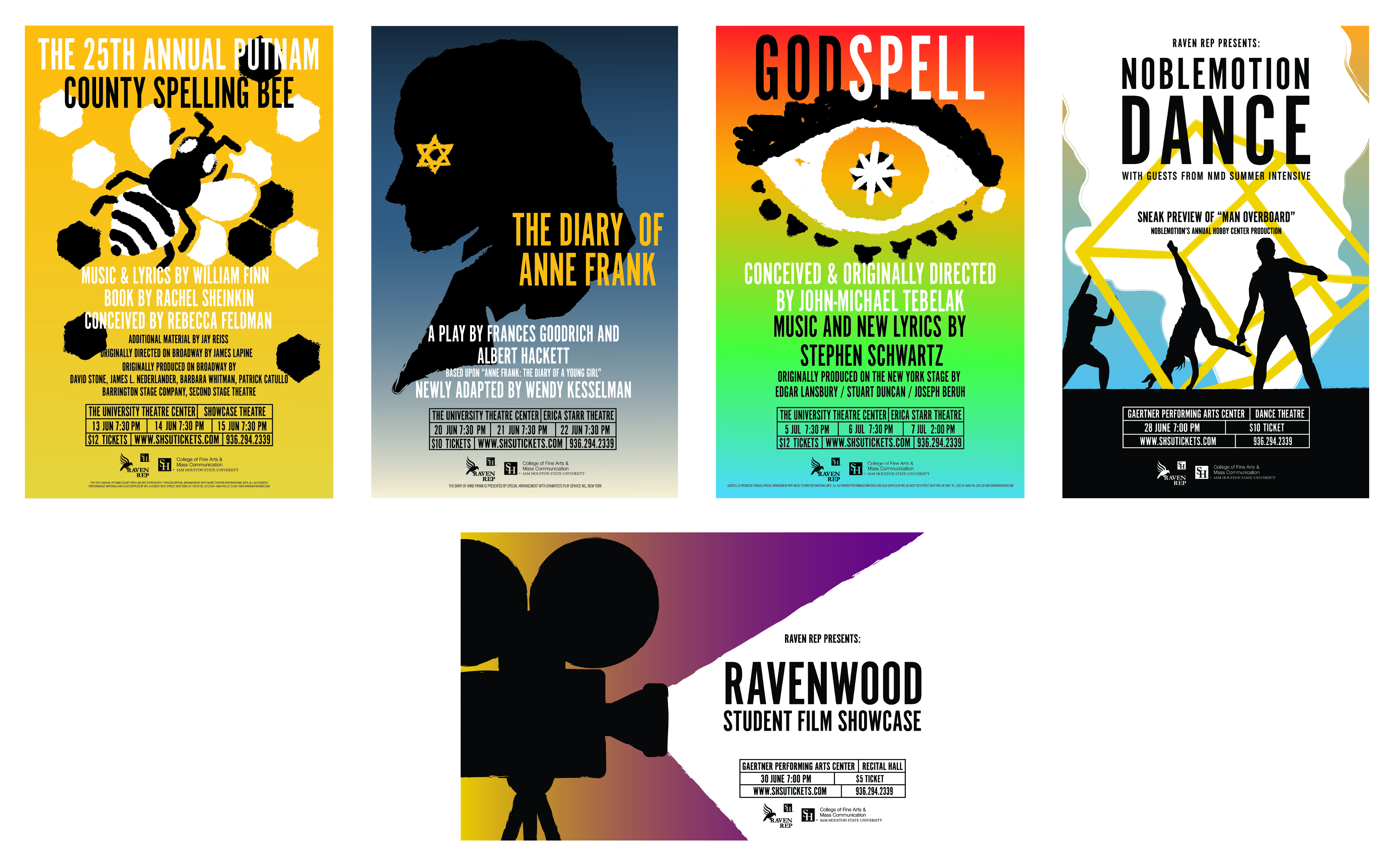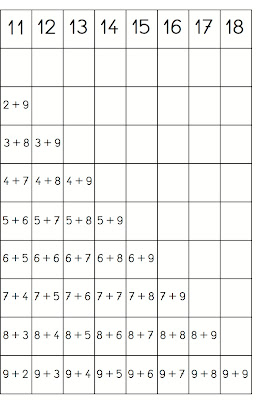

Beginning readers use them as anchors for reading text and as a basis for learning new words. Increasing the number of high frequency and sight words a child knows is important for several reasons. Why are high frequency and sight words important to literacy development? All word lists – Dolch, Fry and district-provided-are broken down by grade level. Ask your child’s teacher for a list of words he/she is expected to know by the end of the year. In addition to these lists, school districts typically provide high frequency word lists based on the adopted curriculum. Prominent lists of sight words include Dolch and Fry. What are the high frequency and sight words that children should learn? Both high frequency words and sight words can play an integral role in developing your child’s reading proficiency level and success. In essence, sight words are automatic – recalled within 2 seconds, take little cognitive effort to recall, and tend to be learned through memorization. In simple terms, high frequency words are words that appear most frequently in written text, while sight words are words that a child can identify and say quickly and easily upon seeing them, regardless of the rules of spelling and syllable types. What is the difference between high frequency words and sight words?Īlthough oftentimes used interchangeably, high frequency words and sight words are different. This article explores the ins and outs of high frequency and sight words and why it is important that you help your child master them at home. But did you know that there are also high frequency and sight words that can help a child stay on track academically and serve as a catalyst for becoming a confident and proficient reader? For instance, at 6th level you would need to keep at least one 2nd-level spell, but all your other spells could be 3rd level.It is universally known that learning the 26 letters of the alphabet is an essential building block of literacy. When you do, you must keep at least one spell you can cast with your lowest level of spell slots so you don't end up with slots you can't use. You can also swap out spells by retraining during downtime.Īt 6th level and every even level thereafter, you can swap out any number of your spells for different spells of a level you can cast. If it's a level at which you lose a set of lower-level slots, you can replace the two in either order. Each time you gain a level and learn new spells, you can swap out one of your old spells for a different spell of the same level. Swapping Spells in Your RepertoireĪs you gain new spells in your repertoire, you might want to replace some of the spells you previously learned. On levels in which you don't change your spell slots, you can swap out multiple spells, as described below. These can come from spells you already know or out of the number of new spells you're learning.


Any time you lose a level of spell slots, you lose two spells in your repertoire as well. At 4th level you gain your second and your spell repertoire reaches its maximum size of five spells.Īt 5th level, in addition to adding two 3rd-level spells to your repertoire, you lose your lowest level of spell slots. At 3rd level, you add the first 2nd-level spell to your repertoire. At 2nd level, you select another 1st-level spell. Each time you get a spell slot (see Table 2-4: Summoner Spells per Day), you add a spell of the same level to your spell repertoire. You add to this spell repertoire as you increase in level. If a feat or other ability adds a spell to your spell repertoire, it doesn't give you another spell slot, and vice versa. Your spell slots and the spells in your spell repertoire are separate. You can cast any spell in your spell repertoire by using a spell slot of an appropriate spell level. You choose these from the common spells from the tradition corresponding to your eidolon, or from other spells from that tradition to which you have access.

At 1st level, you learn two 1st-level spells of your choice and five cantrips of your choice. The collection of spells you can cast is called your spell repertoire.


 0 kommentar(er)
0 kommentar(er)
